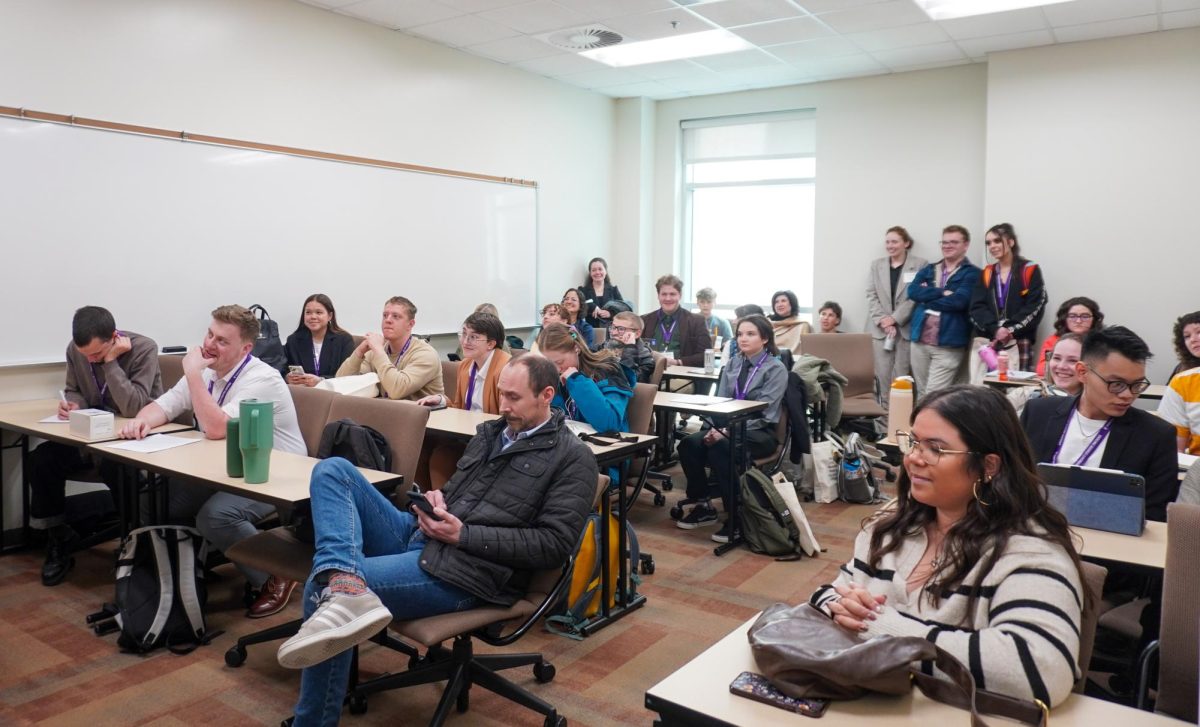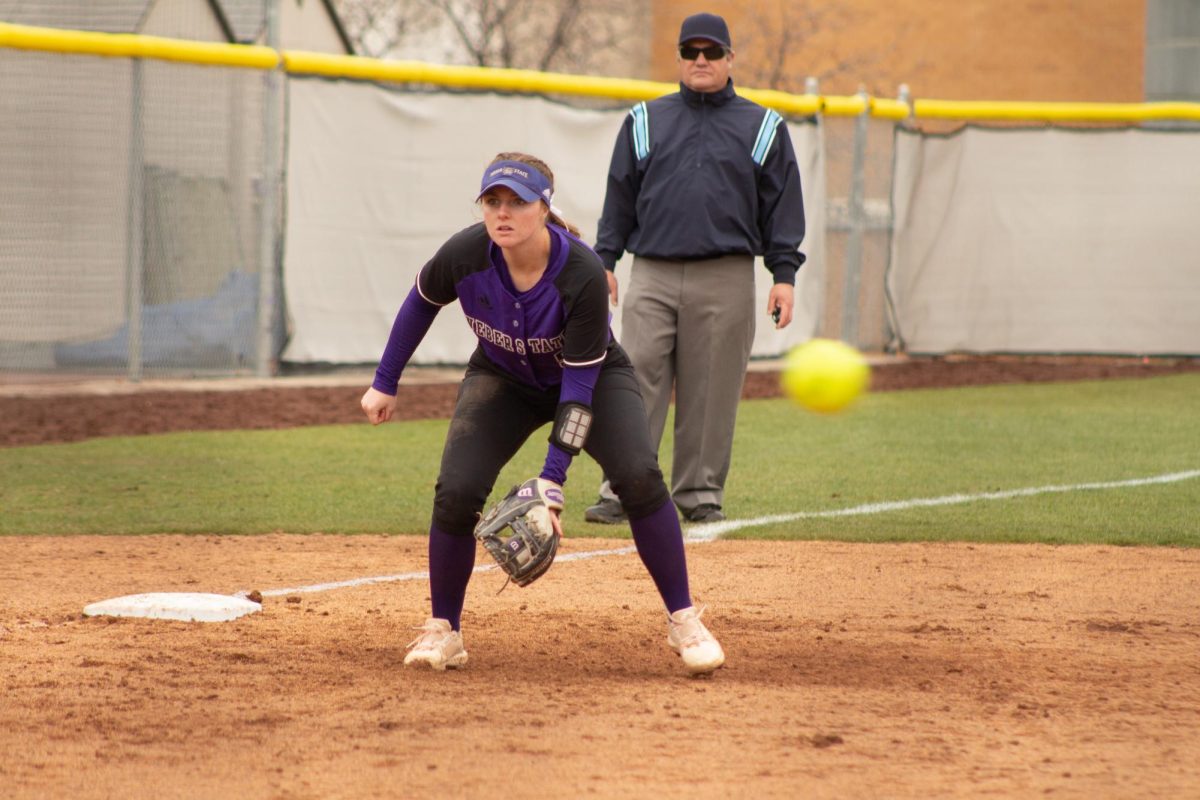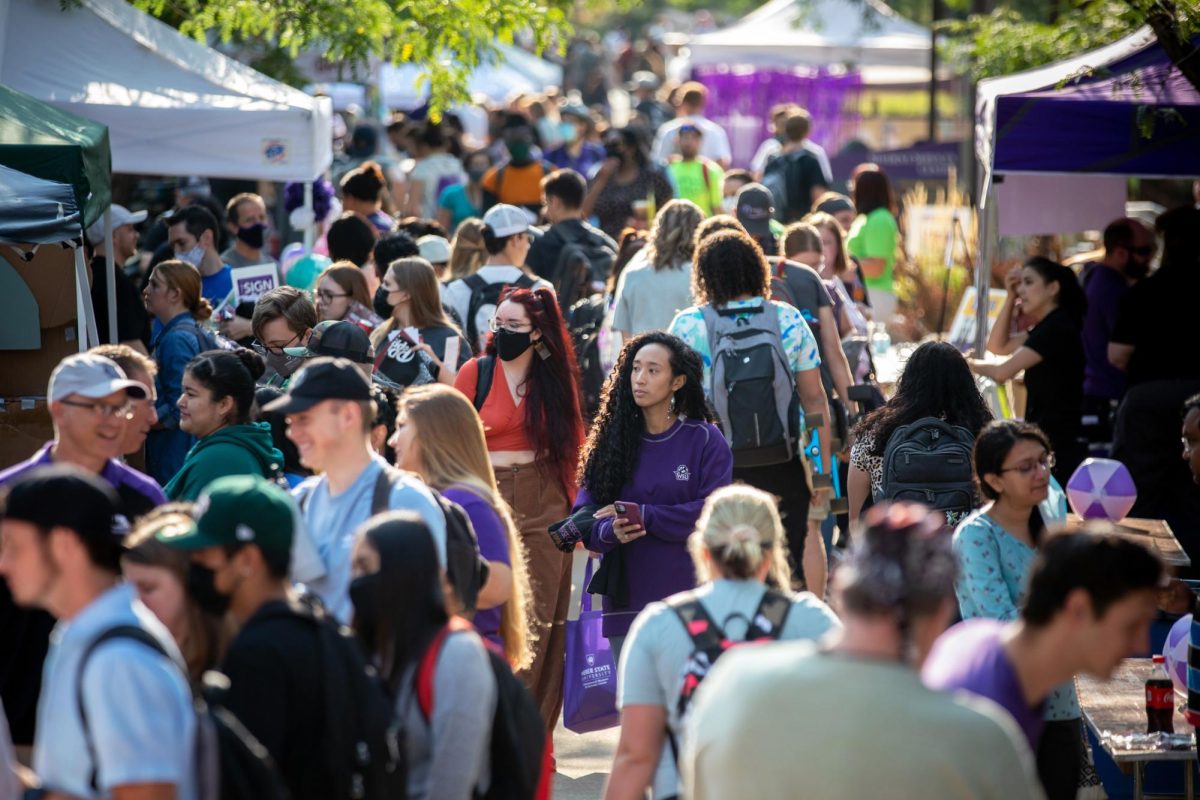Starting college is not easy for anyone, especially for minorities, who may feel out of place and may not have the resources needed to get through the process.

The Weber State Center of Multicultural Excellence provides many clubs and organizations for minority students to find a community and support as they make their way through college.
These groups help students develop different skills to help them after they graduate, such as leadership, networking and time management. Additionally, they serve as a way for students to connect to their roots while also receiving a higher education.
They also educate people on the different cultures and traditions within their own communities, showing the vast culture connected to these identities.

The Native American Student Association’s mission is to address any Native American issues on campus and get involved with communities on and off-campus. They aim to provide activities and events that honor the beauty of Native American cultures.
Different extracurricular experiences NASA provides are designed to enhance awareness and learning. This includes having guest lecturers, cultural presentations and cultural trips.
Amanda Jones, president of NASA, believes joining the organization gives students a great sense of belonging and knowledge that there are people on campus who have similar backgrounds and experiences.

The Asian Student Involvement Association has a similar mission to NASA: to provide academic and extracurricular opportunities. Additionally, it provides a space for Asian students to socialize, collaborate and participate in leadership and volunteer opportunities.
Christian Phomsouvanh, president of ASIA, believes storytelling and sharing are the best ways of learning.
“With learning your cultural history and ethnic history, I think you start to form an appreciation for not only yourself, as you identify, but it’s also a great way to network and meet new people,” Phomsouvanh said.

There are two different groups that are targeted toward Latinx and Hispanic students and retaining these populations in higher education.
Hispanic Area Council is an organization aimed at creating a sense of awareness for the different Hispanic and Latinx cultures while also providing community service and involvement opportunities.
Jennifer Nava, the president of HAC, believes it is important for students to join to help with the transition from high school to college while also providing information about the university’s different resources that many minority students are unaware are available.

WSU Ballet Folklórico promotes higher education to the community while also educating people about Latinx and Hispanic culture through dance. The dances the group performs come from various countries all over Latin America, showcasing the variety of cultures.
Rosa Rodriguez Luo, secretary of WSUBF, believes being involved in any group on campus will help students in need, providing a place to reach out in any situation.
“I think that, aside of giving you something to do, having those connections really determines how you manage your own time at the university,” Rodriguez said.
The African American Heritage Initiative started out of a lack of focus on the pre-slavery heritage and lost history of Africans and African Americans that is often excluded from history books.

The initiative includes DNA testing for African American students with the company African Ancestry, which has over 30,000 DNA samples from Africa to determine what African country and tribe the students come from. Along with this comes education about these places, connecting the students with their heritage.
“Before I found out the tribe my ancestors came from, I felt a little lost,” Meltia Hickman, president of AAHi, said. “Now that I know and I have a sense of who I am and where I’m coming from, it means all much more to me. It makes me feel positive of where I come from.”

The Ohana Association is a Pacific Islanders club that addresses issues that pertain to people of Pacific Island backgrounds and educates people about the different heritages and traditions while also recruiting, retaining and graduating students.
It provides a space where students can openly express their experiences and offers moral support and guidance. They hold cultural and social events to enhance experience and education at the university.

Finau Tauteoli, president of TOA, believes the organization is a good way to have fun and to learn about culture while also providing help for newer members in any aspect they need.
Even if a student is not part of these ethnicities, the organizations are still open to everyone to join.
“All of the student organizations and clubs welcomes everybody with open arms whether you identify as that ethnic group or not,” Phomsouvanh said. “We want to share a part of our culture and ourselves to those who are interested.”



















